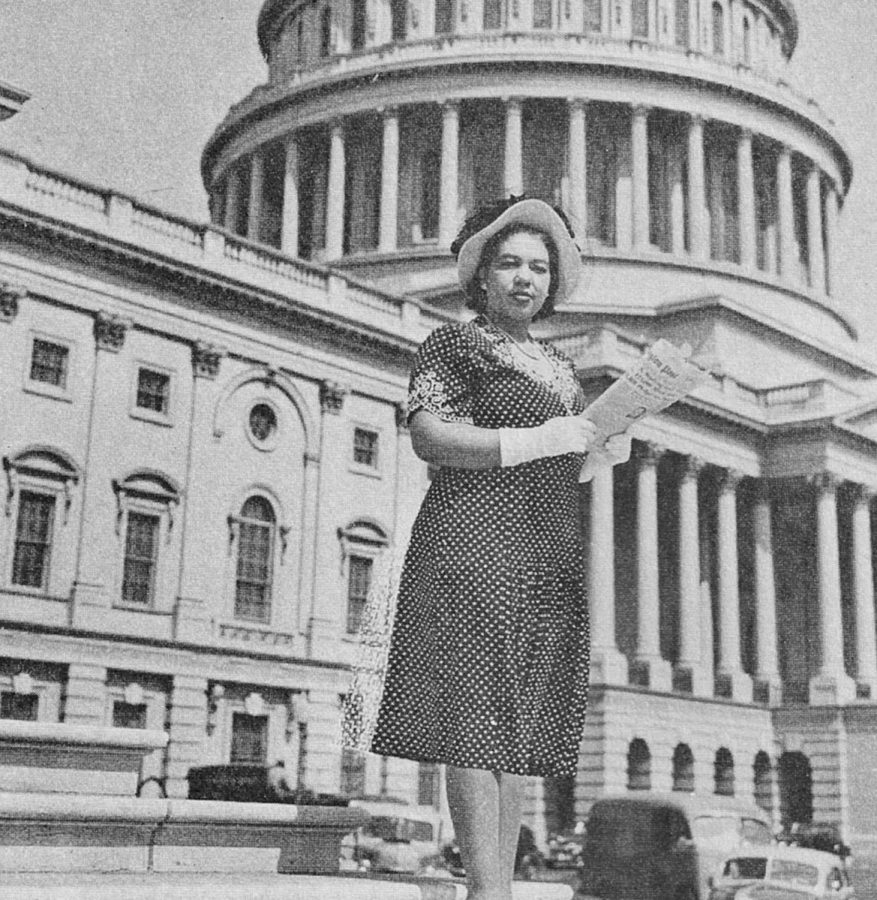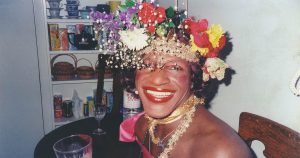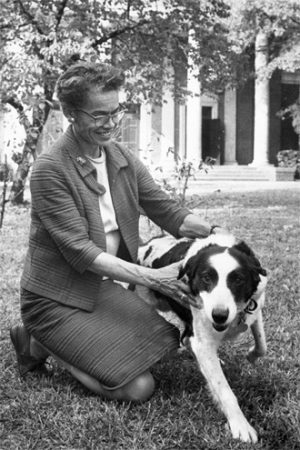Black History Month: Alice Allison Dunnigan
February 25, 2021
Alice Allison Dunnigan was the first black White House correspondent. She was also the first black female member of the Senate and House of Represenatives press galleries.
Alice was born in Russellville, Kentucky in 1906. Her father was a sharecropper and her mother did laundry. As a kid she went to school one day a week and was able to read before entering first grade. She went on to write one sentence news for a local newspaper while she was thirteen. After completing the ten years allowed for black people in segregated Russellville, she married and later divorced a sharecropper.
After her divorce she began teaching school in the Todd County School System. During her teaching career, she attended journalism classes at Tennessee A&I University. She was known for educating her students on the contributions of black Americans toward Kentucky. The fact sheets she created were collected in 1939 but published as a manifesto in 1989 under the title, The Fascinating Story of Black Kentuckians: Their Heritage and Tradition.
In 1936, during World War 2, Dunnigan was a freelance writer for Chicago branch of the ANP, American Negro Press, along with this she took night courses at Howard University in statistics and economics. Ten years later she took a job for the Chicago Defender and was working full time for the ANP where she scored a capitol press pass. With that press pass she was able to cover news events of congress and became the first African American with a congressional press pass.
Dunnigan experienced much discrimination, but despite this she was able to publish many articles and became very successful, especially for a African American woman. In 1953, Dunnigan was barred from covering a speech by Dwight D. Eisenhower that was given in a whites-only theater. In 1953, she was forced to sit with the servants at Ohio Senator Robert A. Taft’s funeral. She was known for asking those she was interviewing pressing questions about Black America and the injustices they experienced.
She officially left the ANP to work with Lydon B. Johnson’s democratic presidential campaign. When he was vice President, she served as information specialist in the Department of Labor from 1966 to 1967. After that she served as a associate editor with the Presidents Commission on Youth Opportunity.
In 1960, Dunnigan retired and went on to write a autobiography A Black Women’s Experience: From Schoolhouse to White House published in 1974 and then The Fascinating Story of Black Kentuckians in 1982.
She passed away in Washington D.C. at the age of seventy-seven on May 6, 1983.






